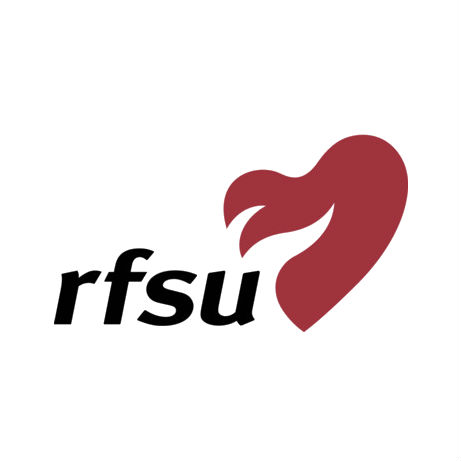

| 31 March 2016
Riksförbundet för Sexuell Upplysning - Sweden
Founded in 1933, RFSU is a non-profit membership organization aiming to promote access to sexual and reproductive health and rights — both in Sweden and internationally. RFSU has 16 local branches in Sweden and a sexual health clinic in Stockholm, also providing an invaluable source of learning for the organisation. In addition, we own a company that makes and sells condoms and wide range of products for sex, pleasure and health. To achieve our vision, of a world in which everyone is free to make decisions over their own bodies and sexuality, RFSU combines several strategies: Expertise and evidence-based knowledge and information, clinical research and global studies on SRHR lay a foundation for a solid argument for SRHR. Extensive experience in comprehensive sexuality education – guarantees the most pedagogical methods for strengthens SRHR and enhance public support for SRHR for all. Global influence and local partnerships. RFSU advocates and influences shaping the political agenda on gender equality (as well as SRHR) in Sweden and internationally. Much of this work is done with partners - for us, partnership is a fundamental way of working. We channel support to civil society organisations in a number of countries (Bolivia, Kenya, Ghana, Liberia, Georgia, Cambodia, Bangladesh, Sri Lanka) and with regional networks in Asia, Africa and Latin America. We also work with organisations and networks in Brussels, Geneva and New York to secure strong support for SRHR in international agreements, and to ensure their implementation.

| 31 March 2016
Cameroon National Association for Family Welfare
The Cameroon National Association for Family Welfare (CAMNAFAW) was created in 1987 to respond to the needs of women who wanted to plan their families and to enjoy higher standards of living. The organization has rapidly grown into the country’s leading provider of sexual and reproductive health (SRH) services. The challenges facing the people of Cameroon and the organization are severe. This is a country with very high levels of maternal death and child mortality and an HIV prevalence rate of over 10%. Health provision is limited: CAMNAFAW is working tirelessly to deliver to populations in the greatest and most urgent need of SRH support. Through its service points, including dedicated youth sites, run by full-time staff and supported by over a thousand volunteers, CAMNAFAW provides a complete suite of sexual and reproductive health (SRH) services. It offers family planning, vaccination, paediatric care services, antenatal and post-natal care, post-abortion care, the diagnosis and treatment of sexually transmitted and opportunistic infections, screening of cancers of the reproductive system, general laboratory work, voluntary counselling and testing (VCT), home-based care, and education programmes aimed at reducing stigma and discrimination associated with HIV and AIDS. An estimated 80% of clients are poor, marginalized, socially excluded and/or under-served. These include people living with HIV and AIDS (PLHIV), sex workers, and unmarried men and women. CAMNAFAW works in partnership with government and with non-governmental organisations including Care Cameroon, Femmes-Santé-Developpement en Afrique Sub-Saharienne (FESADE), the Youth Development Foundation, OFSAD, Scouts du Cameroun, the Support Centre for New Local Development Alternatives (CANADEL), Service Catholique de la Santé, Service Protestant de la Santé, the Society for Women and AIDS in Africa (SWAA Cameroon), and the Réseau. Camerounais des associations des Personnes vivants avec le VIH (Récap+). CAMNAFAW receives support from the Government of Cameroon, UNFPA, the Government of Japan, the IPPF Japan Trust Fund, Care Cameroun, and CAREF.







